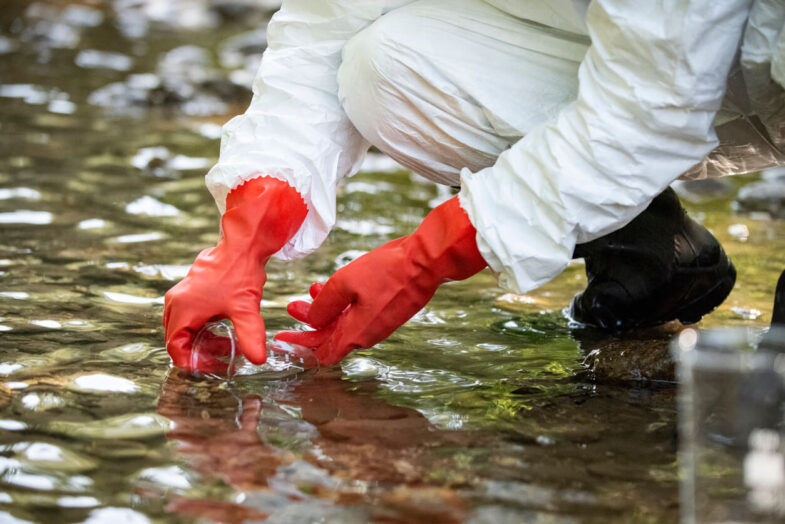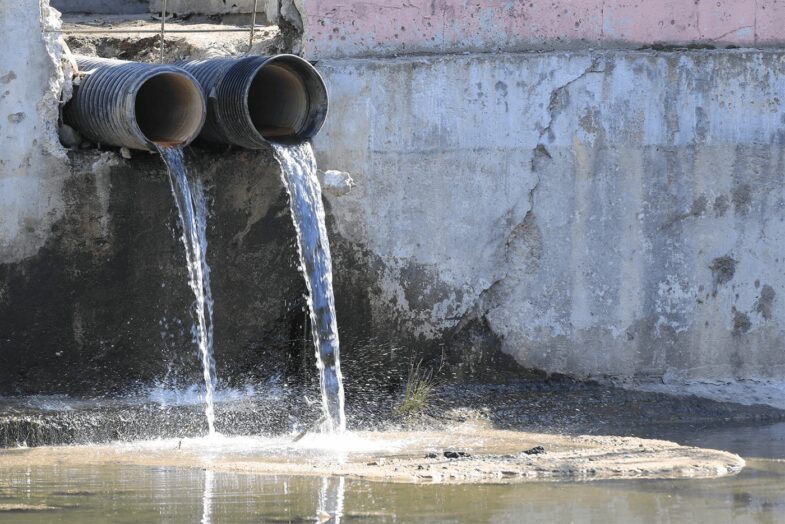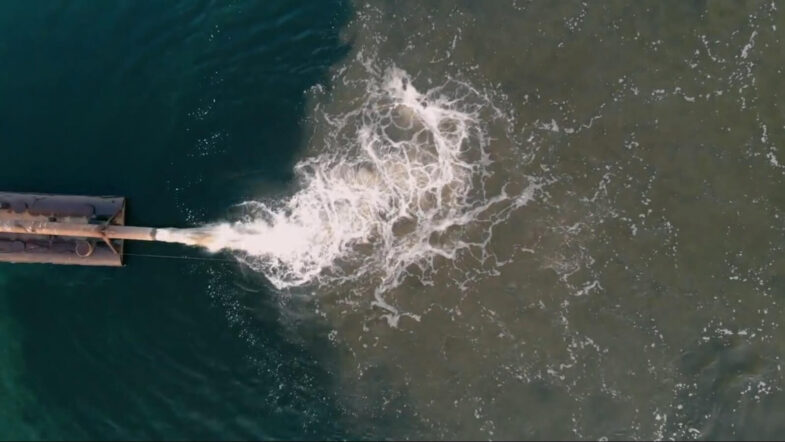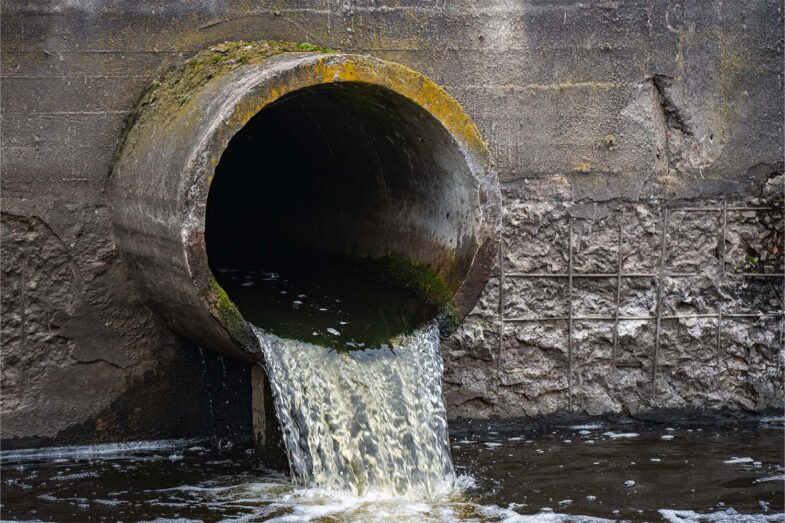The Camp Lejeune water contamination incident stands as a somber reminder of the devastating consequences that toxic exposure can inflict on individuals and communities. For years, the residents and military personnel stationed at Camp Lejeune, a U.S. Marine Corps base in North Carolina, unknowingly consumed water contaminated with hazardous substances.
This prolonged exposure led to a myriad of health issues, including cancer, birth defects, and other serious illnesses. As the true extent of the contamination became apparent, victims sought legal recourse to hold responsible parties accountable and secure compensation for the harm they endured.
This article delves into the legal challenges and triumphs surrounding the Camp Lejeune toxic exposure case.
Background of the Camp Lejeune Water Contamination

Source: lawyer4lawsuit.com
Between the 1950s and 1980s, residents and military personnel at Camp Lejeune were unknowingly consuming water contaminated with volatile organic compounds. Drugwatch states that according to available records, water at Camp Lejeune contained multiple cancer-causing chemicals, namely trichloroethylene, perchloroethylene, and benzene.
These chemicals are commonly utilized in various products such as cleaning fluids, adhesives, paint removers, dyes, and pesticides. The contamination can be attributed to several sources, such as industrial spills near the camp, underground storage tanks, and improper waste disposal by an off-base dry cleaning facility.
It was not until the 1980s that the issue gained attention, and subsequent investigations confirmed the extent of the contamination, ultimately leading to legal battles seeking justice and accountability for the victims.
Health Effects on Camp Lejeune Residents

Source: consumernotice.org
Studies have linked the toxic substances in Camp Lejeune water to an increased risk of various health conditions. These include cancers such as leukemia, breast cancer, and bladder cancer, as well as reproductive disorders, neurological disorders, and autoimmune diseases.
According to ConsumerNotice.org, a study published in May 2023 by the Journal of the American Medical Association says that individuals serving in Camp Lejeune between 1975 and 1985 also have a 70% higher chance of being diagnosed with Parkinson’s disease compared to those who were stationed elsewhere.
This finding represents the most recent development related to the water contamination issue at the North Carolina base during the period spanning from the 1950s to the 1980s.
The long-term consequences of the toxic exposure have devastated the health and well-being of individuals and their families, necessitating ongoing medical care and support.
Legal Challenges Faced by Camp Lejeune Victims

Source: wvrecord.com
Camp Lejeune victims faced significant legal challenges in their pursuit of justice and compensation. Proving causation between the contaminated water and the resulting health issues proved an uphill battle, requiring extensive scientific evidence and expert testimony.
Additionally, establishing liability for the contamination posed difficulties as multiple parties, including the U.S. government and private contractors, were involved. Overcoming these legal hurdles required skilled attorneys and dedicated advocacy to navigate complex legal frameworks and ensure the victims’ rights were protected.
Despite these challenges, Camp Lejeune victims persevered in their quest for accountability and redress.
Camp Lejeune Contamination Lawsuits

Source: mcintyrelaw.com
Victims, including veterans and their families affected by the contaminated water, have sought legal action against the U.S. government and private contractors responsible for the contamination.
A Camp Lejeune lawsuit aims to hold accountable those entities whose negligence and failure to address the issue led to widespread harm and suffering. Notable legal battles have shed light on the extent of the contamination and demanded justice for the victims.
The lawsuit also resulted in substantial settlements that provide some compensation for the devastating health consequences experienced by those exposed to the toxic water.
Legal Triumphs and Settlements

Source: familylawincanberra.com.au
In the face of the Camp Lejeune water contamination crisis, notable legal triumphs and settlements were achieved by affected individuals seeking justice. These victories have included landmark court decisions and substantial monetary settlements awarded to victims.
Through persistent legal efforts, victims have successfully held responsible parties accountable for the toxic exposure and secured compensation for the physical, emotional, and financial hardships endured.
These legal triumphs serve as essential milestones in the ongoing fight for justice, shedding light on the significant impact of environmental negligence and the importance of seeking legal recourse in cases of toxic contamination.
However, according to TorHoerman Law, despite the bill signed by President Biden nine months ago to establish a framework for addressing veterans’ health claims, the Navy has not yet reached any settlements for the roughly 45,000 claims associated with the contaminated water at Camp Lejeune.
In response to this delay, lawmakers are urging the Navy Secretary and the Attorney General to swiftly devise a plan for expediting the processing of these claims.
Lessons Learned and Policy Changes

Source: beasleyallen.com
The devastating health effects experienced by those exposed to the contaminated water have highlighted the need for stricter environmental regulations and improved oversight of military base water systems. The case has prompted a reevaluation of accountability mechanisms and the importance of transparency in informing communities about potential hazards.
Additionally, as noted by VA News, the Honoring our PACT Act of 2022 was signed into law by President Biden in August 2022 which introduced the Camp Lejeune Justice Act of 2022 (CLJA), The CLJA grants individuals exposed to contaminated water at Camp Lejeune the ability to initiate new legal proceedings.
Under the CLJA, veterans who served at Camp Lejeune for a minimum period of 30 days between 1953, and 1987, are eligible for medical services and hospital care for 15 specified illnesses or conditions. Additionally, they have the option to enroll in VA health care to access other necessary healthcare services.
Continuing Legal Challenges and Future Prospects

Source: btlaw.com
Despite notable legal victories and settlements, the fight for justice and compensation continues for Camp Lejeune victims. Ongoing legal challenges revolve around expanding the scope of compensation programs, including the inclusion of additional health conditions and broader eligibility criteria.
Advocates and attorneys are also exploring avenues to hold the private contractors and manufacturers involved in the contamination accountable. Furthermore, prospects involve monitoring the implementation of legislation, tracking the effectiveness of health services provided, and pushing for stronger environmental regulations to prevent similar incidents.
The quest for justice remains an ongoing battle as Camp Lejeune victims strive for comprehensive resolution and long-term support.
Conclusion

Source: ptsdlawyers.com
The legal challenges and triumphs surrounding the Camp Lejeune toxic exposure case have shed light on the profound impact of environmental injustices on veterans and their families. Through their resilience and determination, these individuals have fought for justice, compensation, and recognition for the health issues they have endured due to the contamination.
The legal battles have not only provided hope for affected individuals but also sparked essential conversations about government accountability, environmental regulations, and the need for stronger safeguards to protect public health.
As the Camp Lejeune case continues to unfold, it serves as a reminder of the long-lasting repercussions of toxic exposure and the importance of holding responsible parties accountable to prevent similar incidents in the future.




